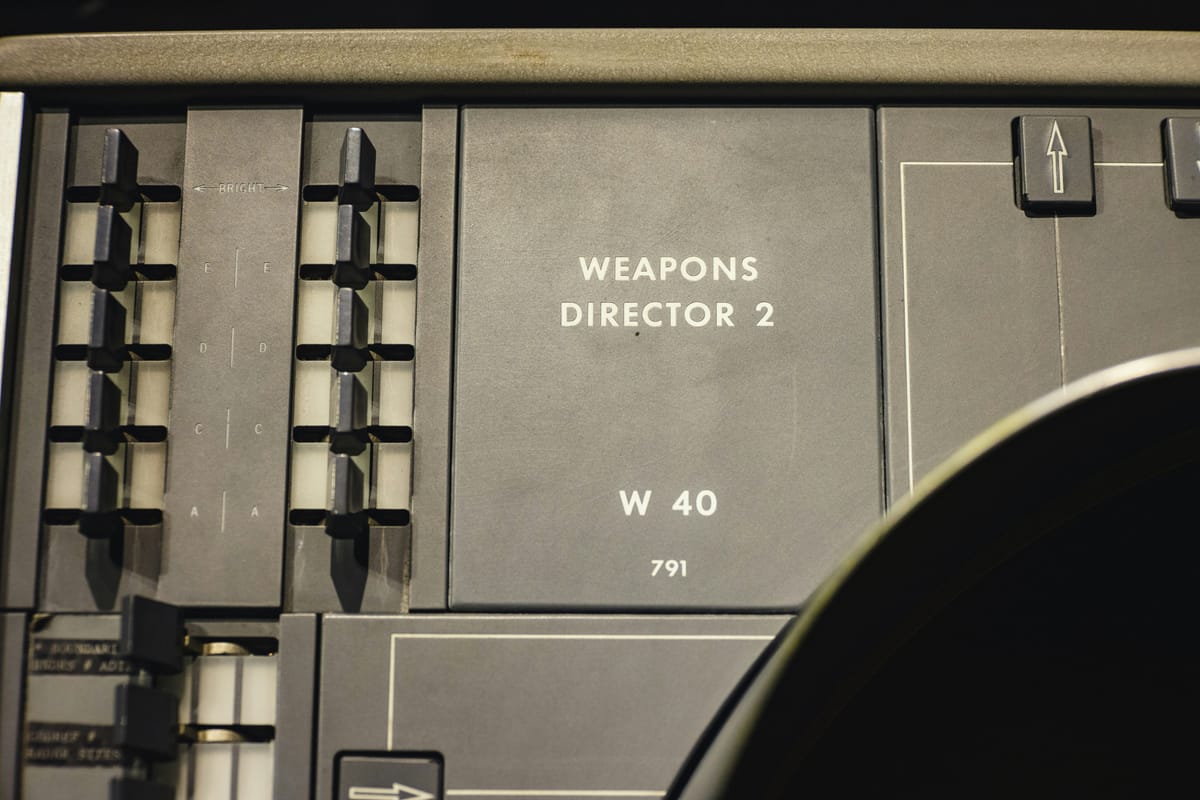SC Supreme Court Reviews Attorney General’s Payout in Savannah River Site Settlement

COLUMBIA, S.C. — The South Carolina Supreme Court is considering whether Attorney General Alan Wilson acted within the law when his office paid $75 million in legal fees to two private law firms. The fees stem from a $600 million settlement with the federal government over the storage of weapons-grade plutonium at the Savannah River Site.
The high court heard arguments Wednesday in a case brought by Columbia attorney John Crangle and the South Carolina Public Interest Foundation. The plaintiffs argue the payment violated state law and should be returned.
“This case is about whether the attorney general can pay $75 million in attorneys’ fees... despite statutory requirements that litigation costs must be awarded by court order or settlement,” said attorney Jim Griffin, representing Crangle and the foundation.
Questions of Authority and Reasonableness
Griffin told the court his clients do not challenge the attorney general’s authority to enter into contingency fee agreements. However, he argued those payments must follow statutory limits.
He also questioned the size of the fee. “We think the $75 million is anything but reasonable,” he said, noting that the firms involved did not take depositions or request documents during the legal process.
The firms—Willoughby & Hoefer and Davidson, Wren & DeMasters—were hired by Wilson and received the payment shortly after the federal government sent South Carolina the $600 million.
Defense of the Attorney General’s Actions
Defending the legality of the payment, state Rep. Todd Rutherford, D-Richland, argued that Wilson had clear authority to set the contract terms.
The attorney general doesn’t have to put money designated for attorneys’ fees into the state’s General Fund, Rutherford said. He noted that requiring such a step would force attorneys to “beg” lawmakers for payment.
When asked who decides what constitutes a reasonable fee, Rutherford responded, “At the outset, it’s the attorney general.”
Emory Smith, Deputy Solicitor General in Wilson’s office, also defended the payment. He said it was part of a legally binding agreement that courts are required to honor.
“If the attorney general had decided he didn’t want to pay out these fees, I can assure you he would have been sued for breach of contract,” Smith said.
A Five-Year Legal Battle
The dispute dates back to August 2020, when Wilson and the U.S. Department of Energy announced the $600 million settlement. The agreement allowed the federal government until 2037 to remove plutonium from the Savannah River Site, a nuclear weapons complex near Aiken.
Critics of the deal included Gov. Henry McMaster and First Circuit Solicitor David Pascoe. Both objected to the fee amount and questioned the firms’ contributions.
The lawsuit was initially dismissed in 2021, with courts finding that the plaintiffs lacked standing. In 2022, the Supreme Court reversed that ruling, allowing the case to proceed.
Outcome Uncertain
The justices gave no indication Wednesday of when they would rule. One possible outcome is that the court could uphold a 2023 circuit court ruling in favor of Wilson. Another option would be to send the case back for a hearing on the reasonableness of the fees.
Crangle said after the hearing that he expects the court to return the case to circuit court.
“It’s clear the fees are excessive, and that they should be evaluated by the circuit court based on actual work done by the law firms,” he said.
